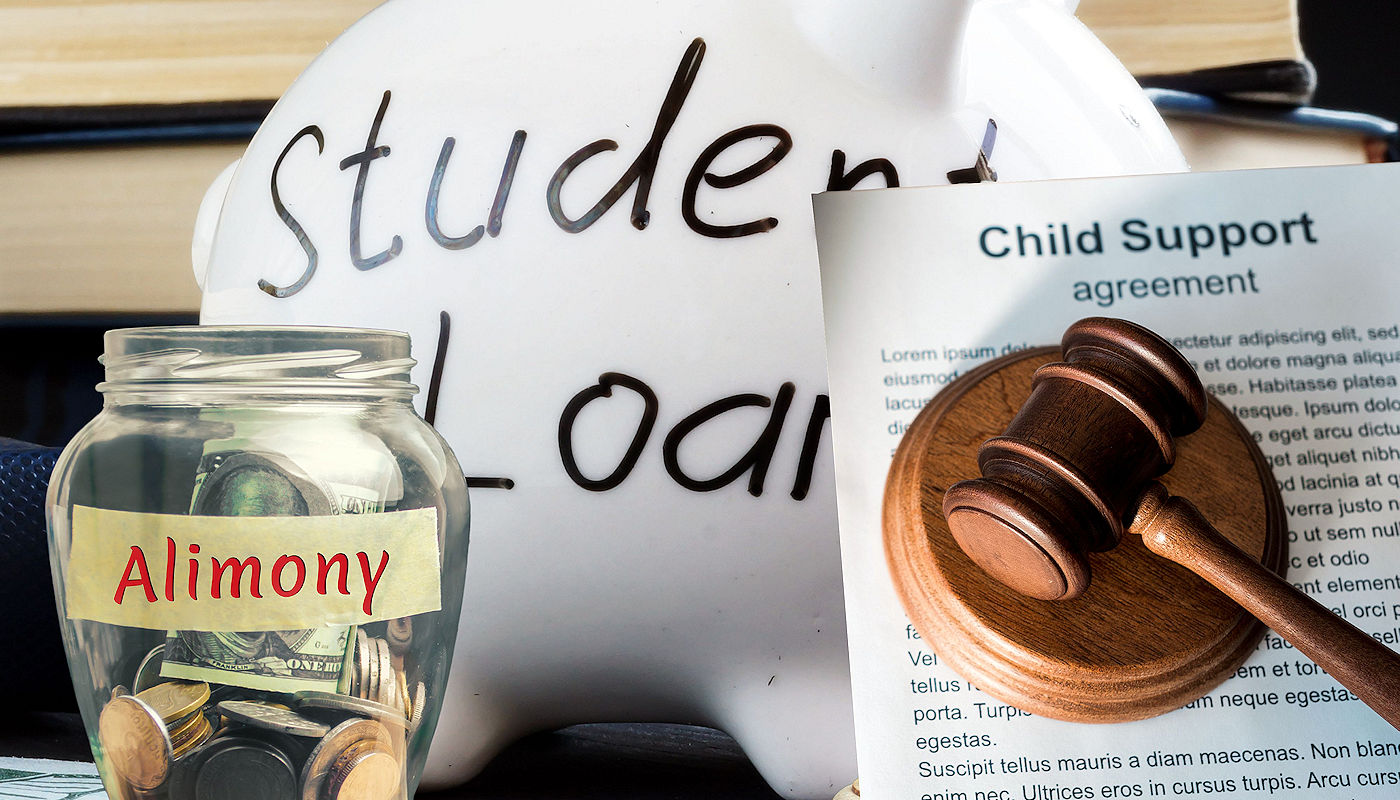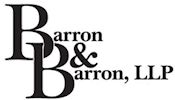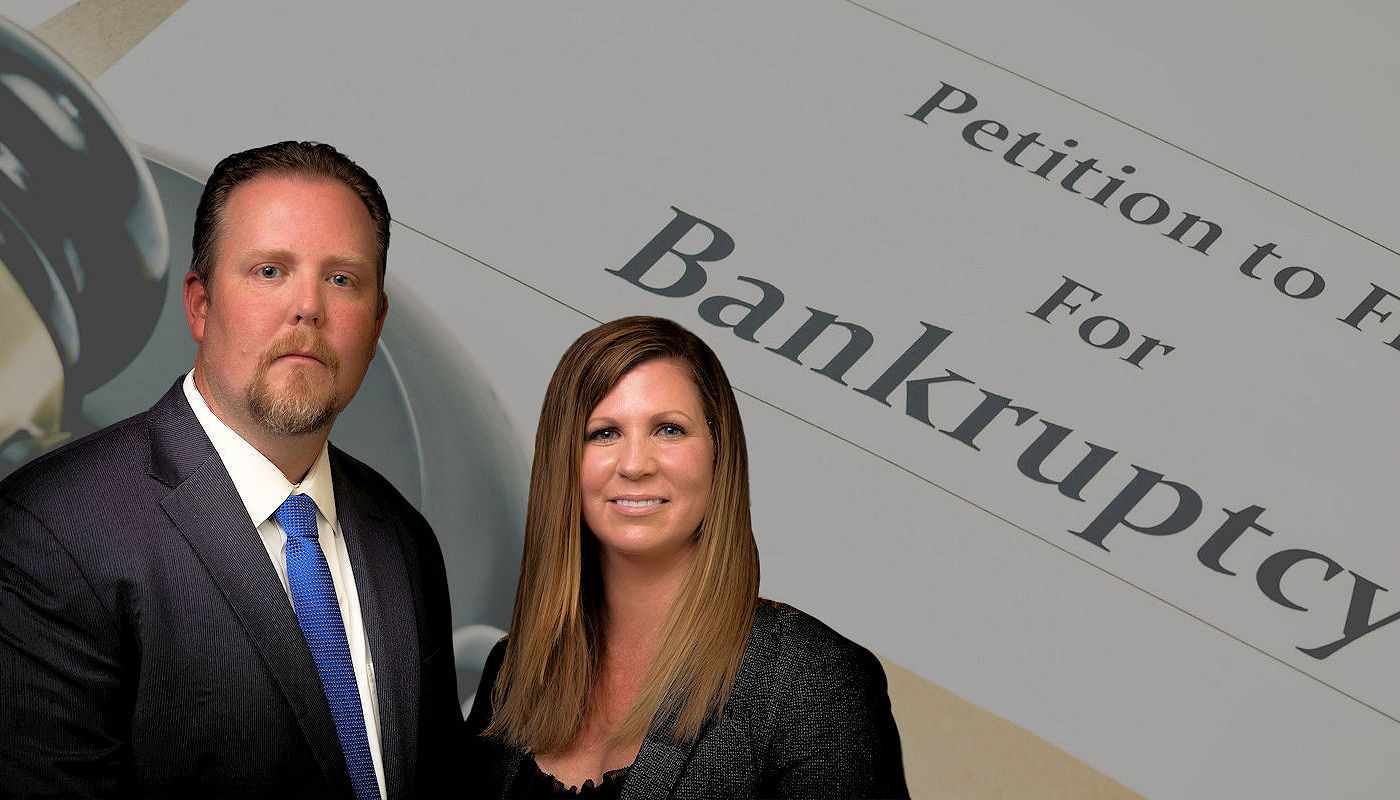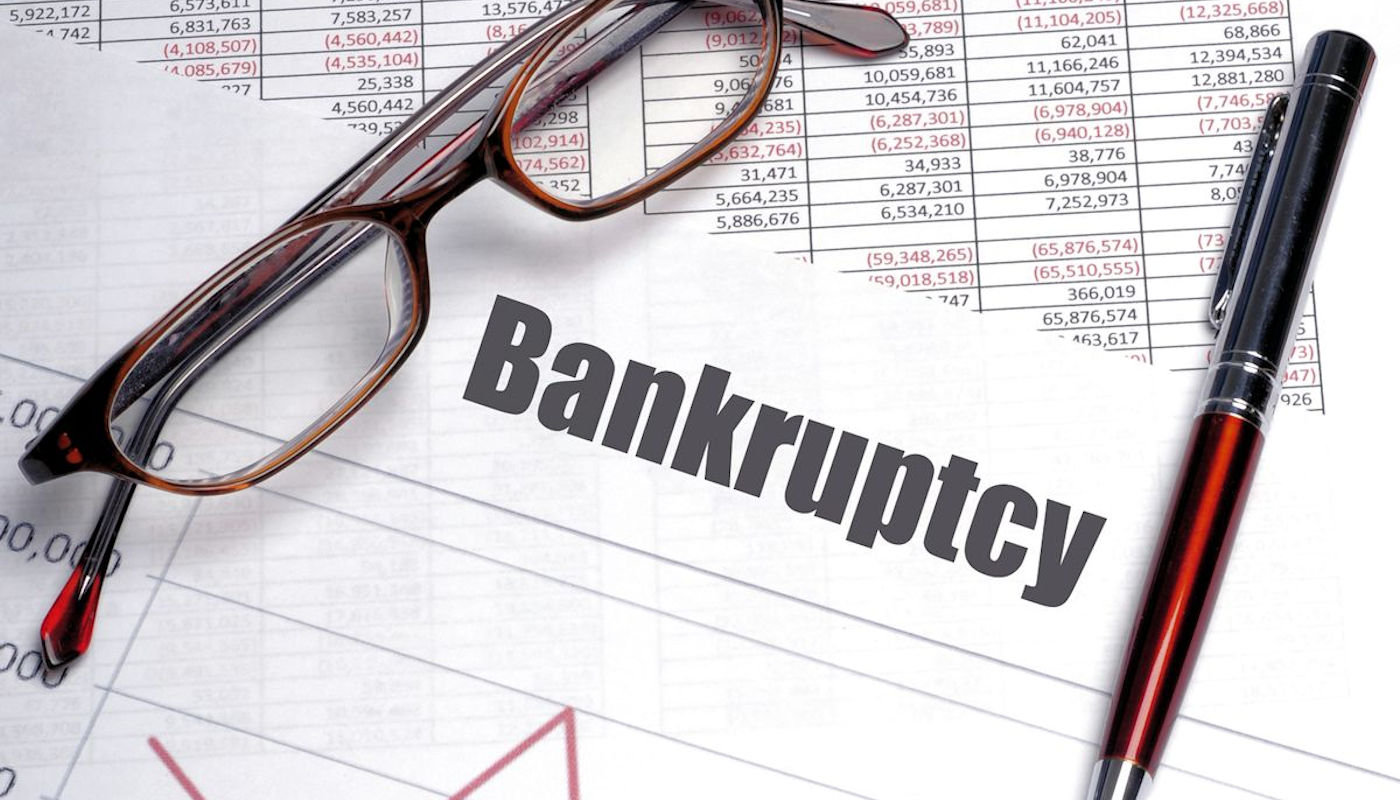

Non-dischargeable Debts in Texas
Chapter 7 or Chapter 13 Bankruptcies
Understanding Texas Bankruptcy Law
Non-dischargeable Debts
in Texas for Chapter 7
or Chapter 13 Bankruptcies
Understanding Texas Bankruptcy Law
In both Chapter 7 and Chapter 13 bankruptcies in Texas, there are certain debts that cannot be discharged. If you opt for Chapter 7 bankruptcy, these debts will remain your responsibility even after the discharge of other debts. In the case of Chapter 13 bankruptcy, these debts must be fully covered in your repayment plan. If they are not fully paid off, the remaining balance will persist after your case concludes. It’s important to note that if you wish to retain any secured property, such as a house or car, you must continue to make payments towards the associated secured debts. [see statute 11 523(a)]
In Texas, the following debts cannot be discharged in either Chapter 7 or Chapter 13 bankruptcies¹:
In the context of discharging student loans through bankruptcy in Texas, “undue hardship” is a specific legal term. To prove undue hardship and attempt federal student loan discharge, you must file an adversarial proceeding in bankruptcy court against the lender and prove the following:
The following debts may be declared non-dischargeable by a bankruptcy judge in Chapter 7 if the creditor challenges your request to discharge them:
You should consult with a legal professional, such as Barron & Barron Bankruptcy Attorneys, for advice tailored to your specific circumstances. This information is intended to be a general guide and may not cover every situation.
Get the Experienced Texas Bankruptcy Attorney You Deserve!
Are you tired of Debt? Are you behind on your house, vehicle, and other secured debts? Don’t let bankruptcy fears paralyze you and keep you from getting the legal relief you need. Federal law can allow you an opportunity to save your home and cure your mortgage arrears through a repayment plan. Federal law can allow you to restructure your vehicle notes. Federal law may allow you to eliminate your credit card debt by filing for bankruptcy!
Our Law Firm will analyze each financial situation and help determine which Chapter is best for you. We have helped thousands get rid of, reduce, and/or reorganize their debt the right way AND the best way for each individual situation.
Barron & Barron, LLP has filed more bankruptcy cases than any other attorney in the Eastern District of Texas in the last 24 years. We have over 60 combined years in the Bankruptcy field. One of our cases has even reached the United States Supreme Court. We have had numerous cases presented to the United States Fifth Circuit. We will fight to protect your rights to give you the best results.





